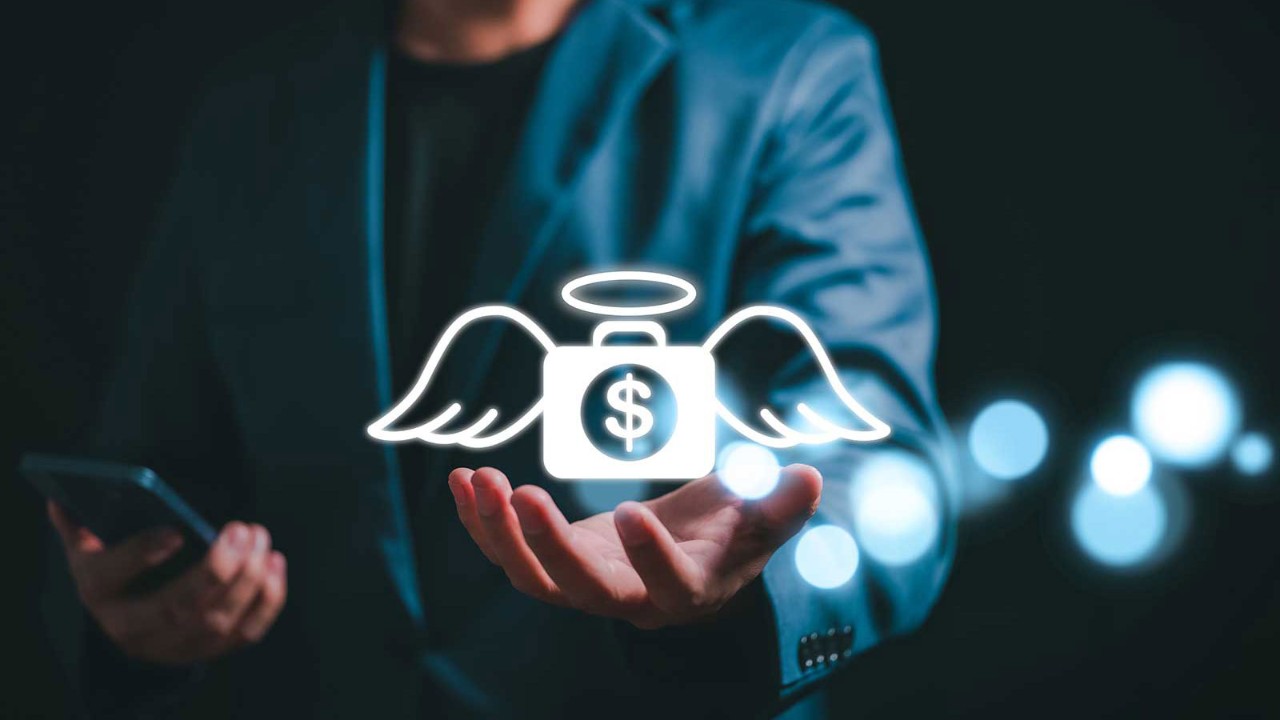
It has been a difficult couple of years for the start-up community. According to Crunchbase – which tracks the number of deals and is widely regarded as an authoritative source of funding data – investment in early-stage companies plunged almost 40% in 2023 to US$285bn, the lowest level seen since 2018.
It probably doesn’t come as that much of a surprise. Blame the downturn in the tech sector and the fact that investors earn much greater returns from sitting on cash. Had it not been for the fact that many start-ups raised cash at a time when funding was both cheap and plentiful, it could have been even more painful.
Tough start
Those that survived by paring back and conserving money will ultimately be fine. But what about the generation of entrepreneurs who are just setting out on the journey to creating the next big thing? Unless you’re working in a hot sector like artificial intelligence, the prospect of venture capital (VC) firms showing any interest right now is minimal.
Angel investing proved more resilient in 2023 than other sources
As we know, really early-stage firms rarely get in front of VC partners and are forced to rely on their own resources – or, more likely, loans from friends and family through angel investing.
According to Crunchbase seed funding, which includes angel investors who receive equity, proved more resilient in 2023 than other sources, dropping by just 20% compared with the fall in overall start-up financing. The reasons for that are obvious: friends and family have a greater connection than external investors and will keep up their support for longer.
The government is rewarding angel investors by reducing the rate of capital gains tax paid on exiting
It demonstrates the importance angel investors have at a time like this when fundraising has become more difficult, and why it’s vital that more is done to keep the tap of money flowing. Individuals who are risking what for them may be considerable resources by backing an untested idea should be encouraged.
Tax policy plays a part in this and in Ireland the government is recognising this, rewarding angel investors by reducing the rate of capital gains tax they pay on exiting from 33% to 16%.
It is not going to make anyone incredibly wealthy on an exit – and there are more generous schemes available in different countries – but it is momentum towards levelling the playing field.
Institutional investors have the scale and knowledge to invest in efficient ways to structure their holdings for maximum gains. The same isn’t true for most individuals, who may not be thinking of financial returns when propping up a new business. That shouldn’t mean we shouldn’t be giving them some of the benefits.
The tax cost of incentives is offset by employment
As venture capital becomes much harder to secure, we’re going to need individuals to help companies. VCs may be sitting on large pools of cash raised in better times, but in the current interest-rate environment it makes little sense to deploy it on risky bets. That means start-ups will have to spend more time seeking other sources of funding, whether that’s incentive schemes, peer-to-peer lending or relying on angels for larger financing rounds.
We should be doing as much as possible to keep this pool of money available and looking to further enhance the attraction of all of these schemes. The tax cost of these incentives is minimal and more than offset by the employment potential and wider gains of supporting innovation.




